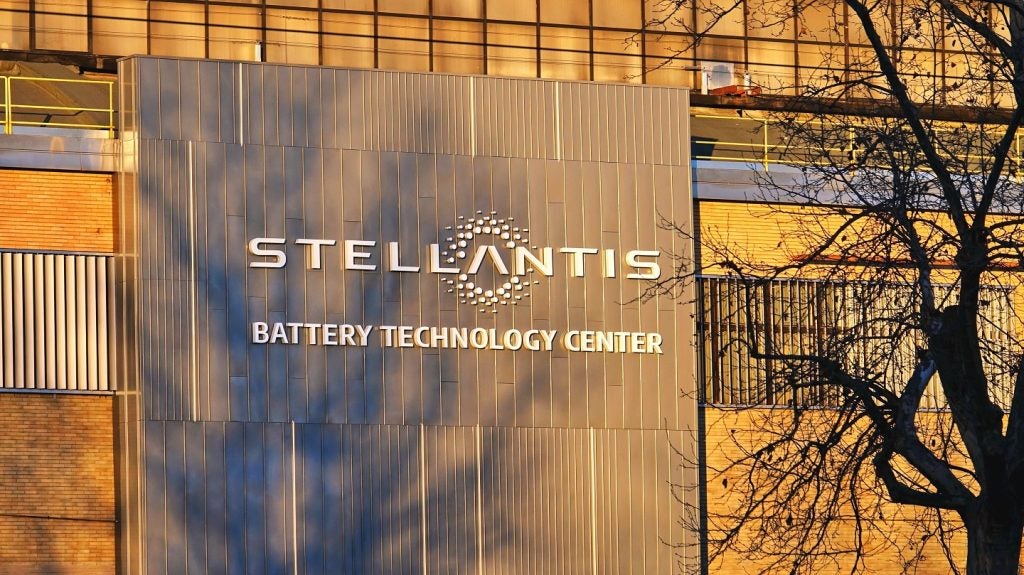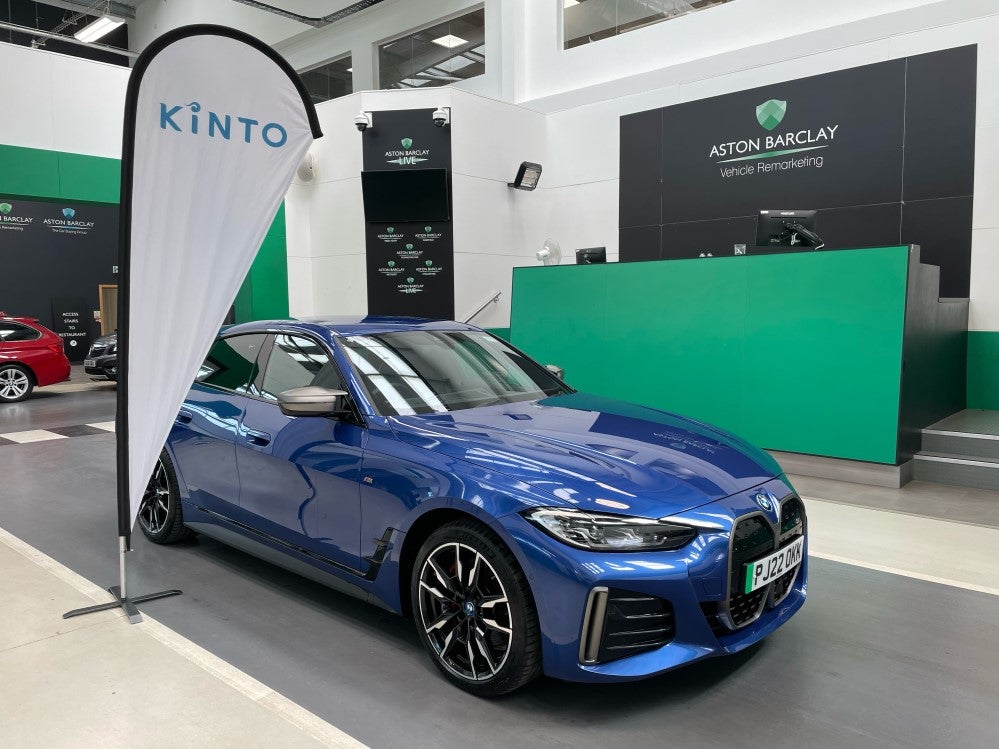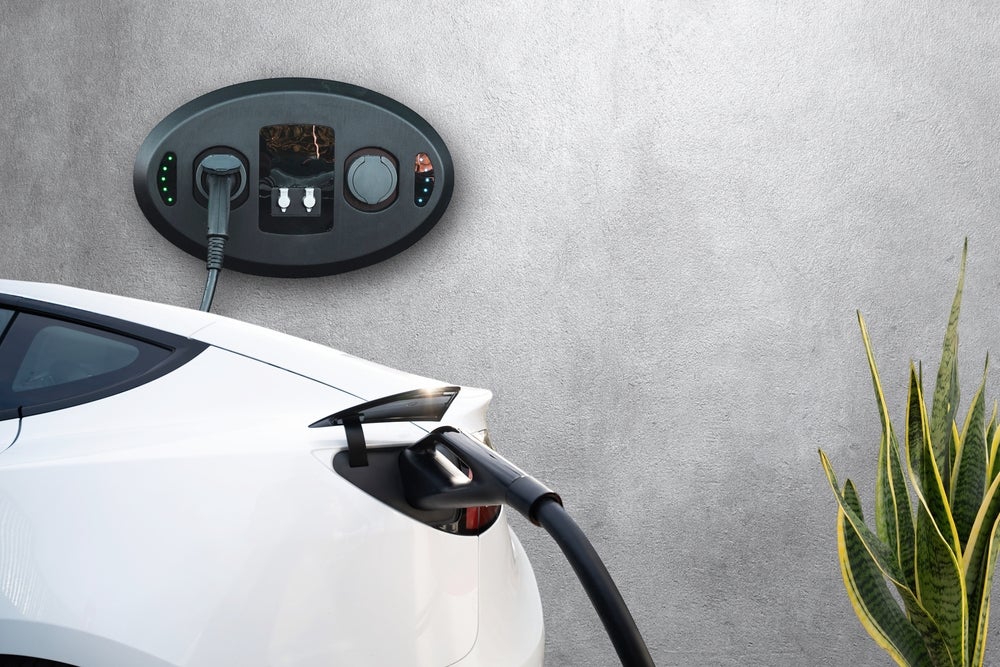In the push towards eco-friendly transportation, the UK government’s corporate nudge towards electric vehicles (EVs) is gaining traction more widely.
For over 15 years, tax incentives have subtly shifted gears towards electric company cars, making sustainability a significant trend in the auto scene.
Data from HM Revenue & Customs (HMRC) in June 2023 highlighted a steady rise in the adoption of company electric cars. With the overall number of company car benefit recipients holding firm at 720,000 in 2021/2022, businesses now constitute nearly half of the UK’s new car market, signalling a quiet but substantial shift in corporate preferences.
While private buyers are less incentivised, the corporate sector is
embracing the electric wave. Leasing companies and employers offering company car schemes lead the charge, thanks to tax policies lowering the company car tax rate on EVs compared to their more polluting counterparts.
The government’s 2020 move to a 0% tax rate on zero and low-emission company cars eased financial roadblocks, making it more affordable for individuals to embrace EVs through salary sacrifice schemes, with monthly leasing costs dropping by a noteworthy £400-800.
However, it’s not all upsides for company car owners, corporate buyers are also shouldering substantial depreciation costs.
How well do you really know your competitors?
Access the most comprehensive Company Profiles on the market, powered by GlobalData. Save hours of research. Gain competitive edge.

Thank you!
Your download email will arrive shortly
Not ready to buy yet? Download a free sample
We are confident about the unique quality of our Company Profiles. However, we want you to make the most beneficial decision for your business, so we offer a free sample that you can download by submitting the below form
By GlobalDataWith company cars typically circulating for 2-4 years before entering the second-hand market, the positive implications for the wider public interested in electric vehicles are subtle but undeniable. Although buying a new car usually involves a financial hit, the depreciation burden for EVs is predominantly shouldered by corporations. This year, there’s a gentle rise in individuals opting for ex-company fleet electric cars, marking a shift towards more affordable and accessible used electric vehicles.
Fall in used EV prices heightens UK voluntary termination risk: Fitch
Over half of all buyers expect their next car to be an EV or hybrid
Prices for used EVs set to fall as corporate leases come to an end
The government’s strategy of nudging companies to be early adopters, absorbing initial depreciation costs, is laying the groundwork for a growing used EV market. While corporations currently lead in new electric car purchases, their contribution is gently expanding the pool of drivers in the UK with access to more affordable and sustainable electric transportation. As the corporate sector quietly steers the wheel, the ripple effect promises a smoother, greener, and more accessible journey into the electric future of mobility in the UK.








